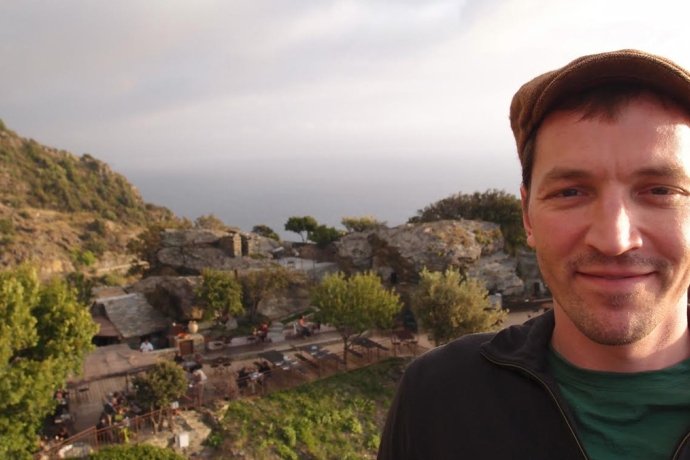
Jason Andras is interested in the ecological and evolutionary interactions between animals and their microbial symbionts. His previous research has explored these themes in deep-sea hydrothermal vent and coral reef communities. His current research focuses primarily on the coevolution between freshwater zooplankton of the genus Daphnia and one of their highly specific bacterial parasites, Pasteuria ramosa.
Education
- Ph.D., Cornell University
- B.S., Penn State University